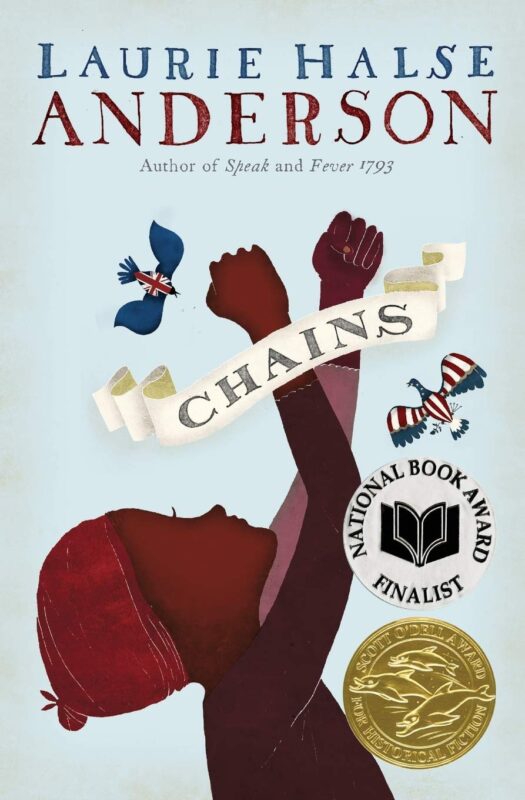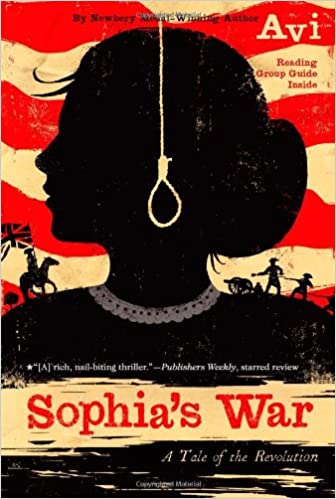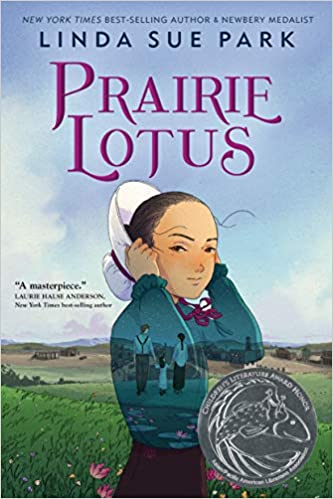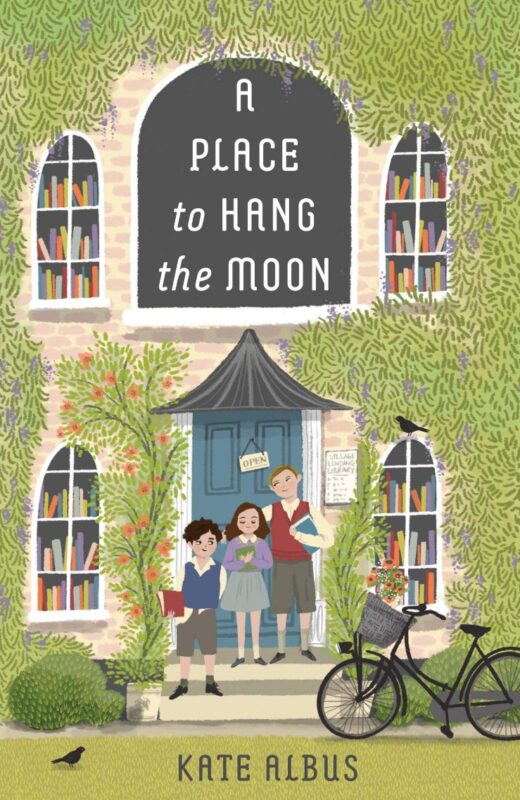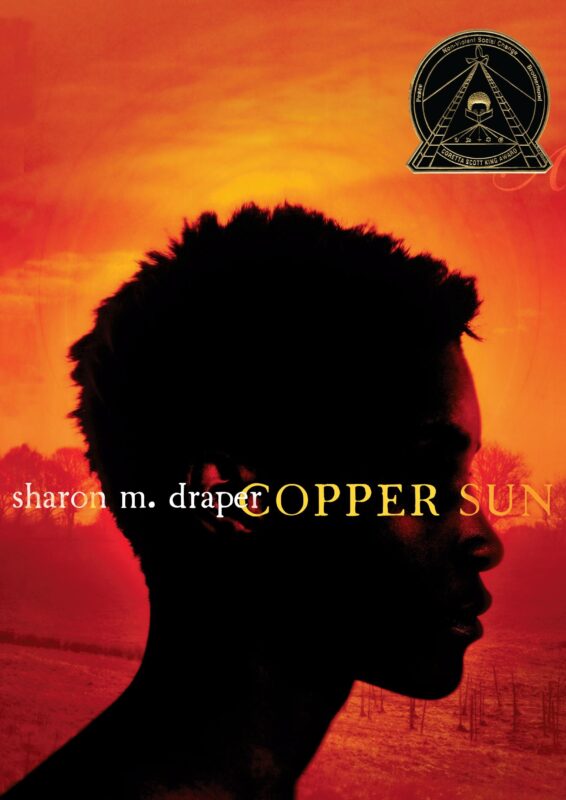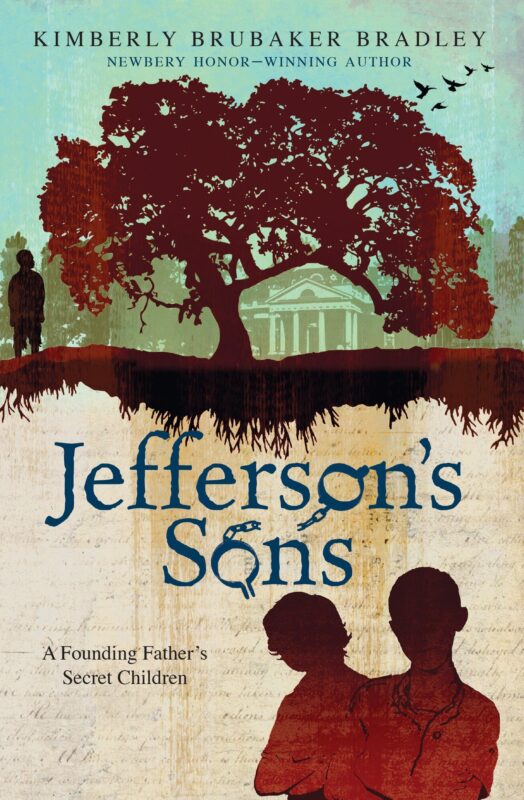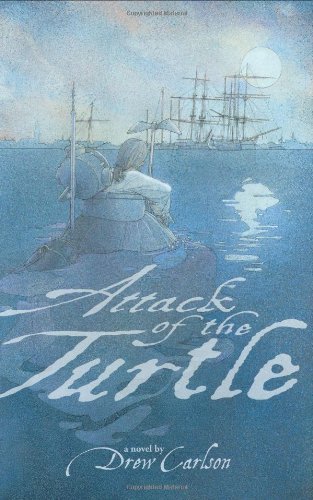Chains (Seeds of America Book 1)
Series: Blog Post Topics, Historical Fiction and Nonfiction about the American Revolution, Book 1
Genre: Historical Fiction - Middle Grade
(Upper Middle-grade reading level - realistic depiction of slavery and violence)
Set in New York City on the eve of the American Revolution, Chains details the story of two sisters - Isabel and Ruth. Both were supposed to be freed when their owner died, however, they were denied their freedom by the owner's brother and sold to a brutal couple - the Locktons. Isabel's story is intertwined with history as Isabel finds herself spying on the Loyalist Locktons to help her friend Curzon - a fellow enslaved person in support of the Patriots.
The complexity and cruelty of slavery is written with compelling clarity as Isabel is betrayed again and again by others. The realities of Revolutionary life are also made clear as Anderson weaves in historical details in a way that reads as natural and purposeful. With an incredibly compelling plot, Chains is a page-turner that breaks beyond the genre. By writing a story from the perspective of an enslaved girl in New York City, Anderson redefined the genre of "revolutionary war novel."
More info →Sophia’s War
Series: Blog Post Topics, Historical Fiction and Nonfiction about the American Revolution
Genre: Historical Fiction - Middle Grade
(Middle-Grade reading level - most of the fighting takes place far away, however, Sophia does witness the hanging of Nathan Hale at the beginning of the story.)
I've been a fan of Avi ever since I devoured the True Confessions of Charlotte Doyle when I was a kid. In Sophia's war, Sophia’s brother, a soldier, goes missing after the Battle of Brooklyn. Sophia befriends a British lieutenant, Andre, who comes to New York City and is stationed in her home. She hopes she’ll find help in him locating her brother, however, her brother languishes and dies on a British prison ship. Her brother's death inspires Sophia to become a spy embedded with the British Army, and she uncovers a crucial piece of information that will change the course of the war.
The pace of Avi's writing style will hook middle-grade readers and keep them engaged. This book incorporates tons of historical information, including discussions of the prison ships for Patriot soldiers in New York City, the betrayal of Benedict Arnold, the quartering of soldiers, and the general experience of life during wartime. It definitely belongs in any middle-grade history teacher's classroom library.
More info →
Prairie Lotus
Series: Reads and Reviews, Reads and Reviews - August 2021
Genre: Historical Fiction - Middle Grade
(Middle-Grade reading level - racism, mentions a lynching, an assault - however, all is dealt with appropriately)
This was a book I wished I had as a child. A "Little House on the Praire" styled book, but with a more worldly point of view. Hanna is a half-Chinese girl trying to make her way with her father in the Dakota Territory. She's an aspiring dressmaker who just wants the opportunity to attend school and be accepted by the all-white community. Written by Linda Sue Park, the text and story are expertly crafted at the perfect level for middle school readers. There are big and complex ideas framed with simple language.
The history of this time is embedded within the story without being too dark or needlessly laborious. Hanna is an incredibly likable and sympathetic character. The frustrations she faces from family, racism, and the social mores of the time are real and muddy. None of the characters fit into a neat box. This book deserves just as much love as the Wilder series, and I would love to see several more written.
More info →A Place to Hang the Moon
Series: Reads and Reviews, Reads and Reviews - July 2021
Genre: Historical Fiction - Middle Grade
I have a weakness for any story centered around British children sent to live in the countryside during WWII. I know that it's a common topic, but I just can't help myself. Bedknobs and Broomsticks anyone? The Chronicles of Narina? Unlike those fanciful tales, A Place to Hang the Moon is firmly centered in reality. Yet, this story still held a magical nostalgia and charm that I adored. The three children at the center of the story - William, Edmund, and Anna - have been recently orphaned, and they're sent to live with a family as evacuees. There is hope in this decision that they will find a family that will adopt them after the war's end.
I absolutely devoured this story. The nostalgia, the sweetness, and the character development are all there. The children are incredibly sympathetic and realistic all the same. While this story is historical fiction, the history lies very much in the background while the children's lives and experiences take center stage. Still, there is much to learn about the experiences of young evacuees during WWII and the hardships of daily life during that time. I even enjoyed the descriptions of the meals the children ate. I'm not sure this story has a place in the classroom, however, it is the perfect story to read to your children at bedtime. Like me, you might enjoy reading it all on your own!
More info →Copper Sun
Series: Reads and Reviews, Reads and Reviews - July 2021
Genres: Historical Fiction - Middle Grade, Teaching Social Studies
(Middle Grade Reading Level - a depiction of the reality of slavery including - violence, rape, death, and murder)
Copper Sun is a well-crafted story with impeccable research and accuracy. Amari is in her mid-teens when she is captured and sold into slavery along the African coast. She is shipped across the Atlantic ocean, sold to an enslaver, and gradually finds a place in the new reality she is forced to endure. This book is realistic in its depictions and traumatically sad as a result. One of the best aspects of this story is the awareness of the spectrum of freedom for women in this time. Amari is certainly in slavery, however, the other women she encounters - Polly, an indentured servant, or Mrs. Derby, the young wife of Amari's enslaver - aren't quite free either. Worthy of a read-aloud in any classroom, as long as students are made aware of the truth of the unflinching story that will be told.
More info →Jefferson’s Sons: A Founding Father’s Secret Children
Series: Blog Post Topics, Books Discussing Slavery in America
Genre: Historical Fiction - Middle Grade
This book focuses on the children that resulted from the relationship* between Sally Hemings and Thomas Jefferson. It most specifically tells the story of two of those children – Madison and Beverly.
I absolutely loved this book. It’s a really good story, even though it doesn’t have much of a plot. I found myself picking up the book when I had a spare moment, even though it’s really a book for middle-grade children. By focusing on the children of Sally Hemings, it tells a story of slavery that discusses the unfairness of slavery, and the sadness of slavery, without exposing the horrifying brutality that slavery was for most. The author shows how the Jefferson children were treated differently than most other slaves at Monticello. It talks about a whipping at Monticello, a friend who was sold away, and about how some of the Jefferson children could “pass,” and some couldn’t. It’s really a story about a family, and how they dealt with the situation that had been handed to them by the color of their skin and their biological father.
Given that the author had to rely on a topic that was covered very little by official historical documents, the book really needs to be considered historical fiction. Still, I think the author created a very plausible narrative and an engaging story.
*(I recognize that many struggle with the idea of Hemings and Jefferson as a relationship. For the purposes of the term here, Jefferson did father her children. We don’t know what form that relationship took, and the book makes the assumption that Hemings had some agency. I think the book acceptably covers the topic at a middle-grade level.)
More info →Attack of the Turtle
Series: Reads and Reviews, Reads and Reviews - July 2021
Genre: Historical Fiction - Middle Grade
(Middle Grade writing level – no content concerns)
Attack of the Turtle takes place during the Revolutionary War. Nathan Wade has grown up a Patriot and he is there when his cousin, David Bushnell (a real historical figure) invents the first submarine
With this story, the history was much stronger than the character development. The text was written with a fifth-grade mentality and a 7th-grade vocabulary. Really the kind of “gee-whiz” attitude of the main protagonist was a bit too peppy to seem real. Beyond that, the story was a bit thin for a full book. I think this book is great for that student who just loves anything about war, but it’s just a book for the classroom shelf. Place it on the shelf and hand it out to that student who keeps asking you when you’ll be teaching about World War II.
More info →